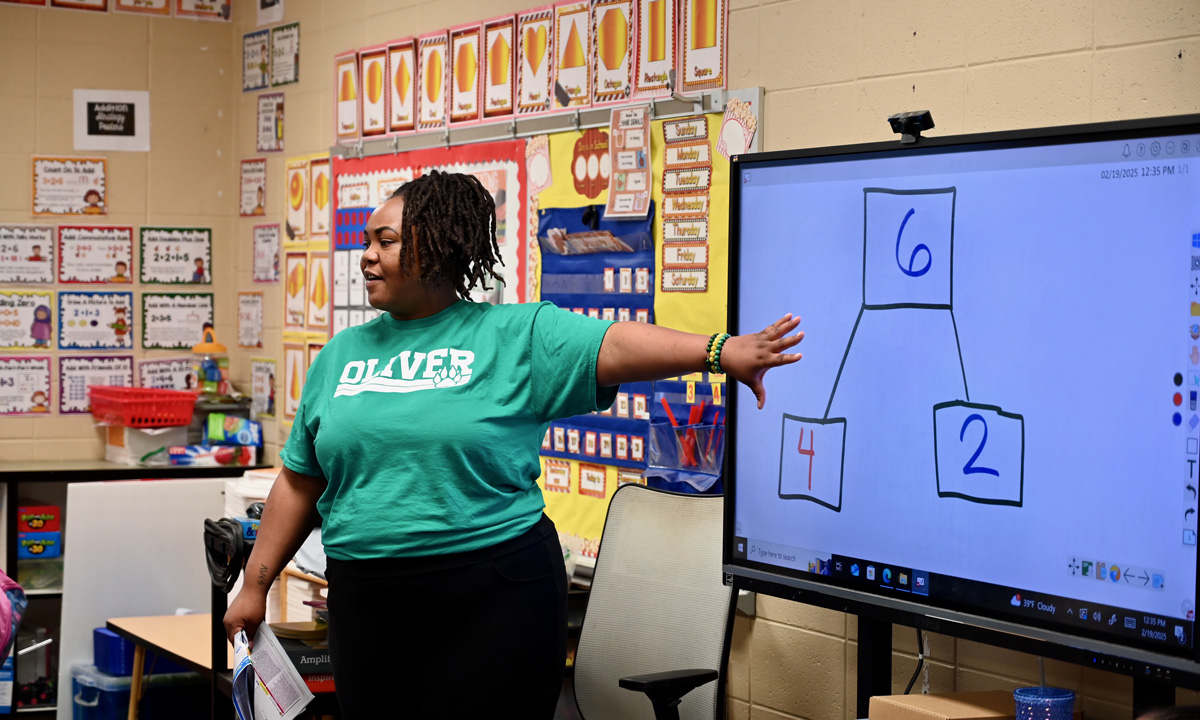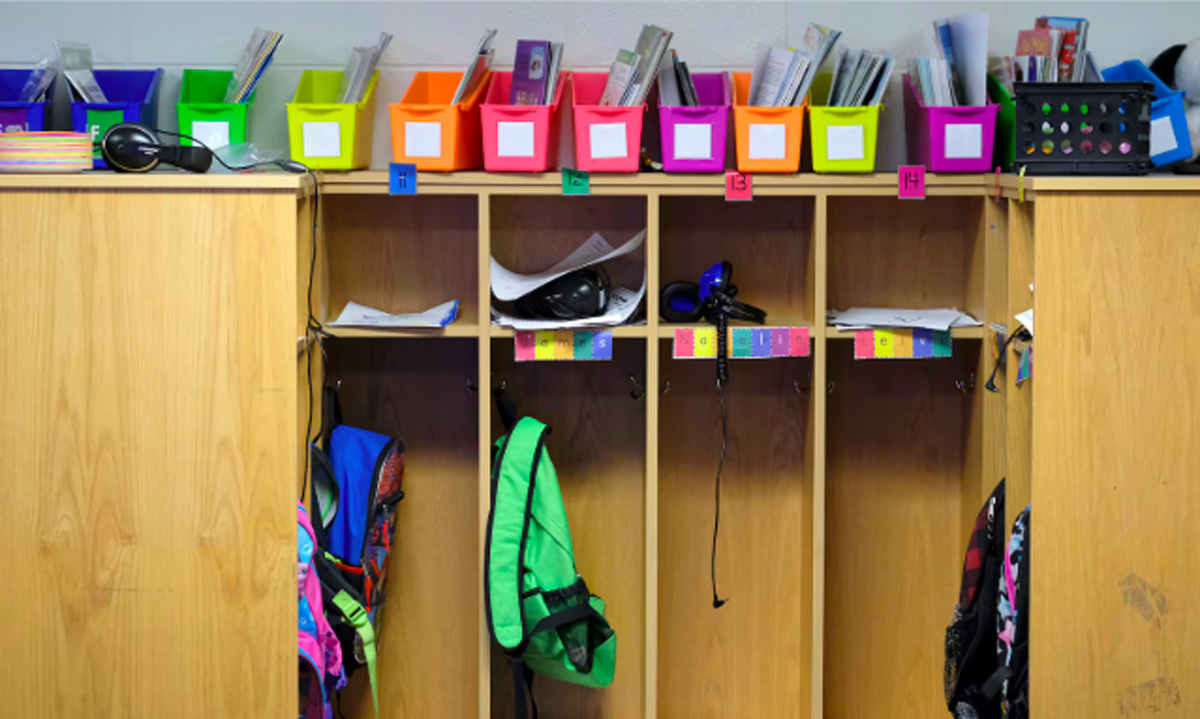Most of the staff at the Salvation Army Early Childhood Learning Center in Wilmington, Delaware, assumed a 2-year-old child couldn’t speak when she first arrived, but one instructor, Jazzie Tribbett, noticed something that the others didn’t.
Tribbett notes that although she was able to speak, her thick tongue made it difficult for her to pronounce words. She had a lot of difficulties when she arrived. After assisting the family in locating speech support, Tribbett discovered that she qualified for services. The three-year-old child can now communicate after undergoing speech therapy.
Working with an experienced early educator mentor with the program helped Tribbett, who earned her child development associate (CDA) certificate via Delaware State University in the spring, identify indicators that the toddler needed a speech examination.
How Delaware s Early Childhood Innovation Center Supports Early Educators
The Early Childhood Innovation Center (ECIC), a workforce center established by the state of Delaware in 2021, is devoted to assisting early learning professionals in obtaining CDAs or an associate’s or bachelor’s degree in the subject. In order to remove obstacles that frequently prevent early educators from obtaining further certifications, the ECIC offers financial assistance, mentorship, and career advice. The ECIC’s new facility, which opened last spring, serves as the state’s center for early learning career progression.
The center’s leader is Kimberly Krzanowski. Prior positions included executive director of the Delaware Department of Education’s Office of Early Learning, director of a child care center, and preschool instructor. She recalled saying, “Well, I happen to have a folder over here full of hopes and dreams,” in response to then-governor John Carney’s statement in 2021 that there was funding in the budget to do something big and ambitious for young children.
According to Krzanowski, opening the center required four years, extensive preparation, and a substantial financial outlay that included $10 million from the American Rescue Plan Act and $20 million from the state.
All of the state’s universities are involved in the project, including the University of the Potomac, which provides an online early childhood degree for Spanish speakers, even though the ECIC facility is at Delaware State University.
In Delaware, now is a good time for early education. In addition to attending the ribbon-cutting event for the new location, the new governor, Matt Meyer, a former public school math teacher and father of a small child, recently visited with executives of child care facilities and stressed the value of workforce routes in the industry.
Tribbett is one of over 700 students who have benefited from the center’s programs to date, which include financial assistance to pay associated expenses and mentorship to help them navigate the criteria for the certification they are pursuing.
Since the program’s inception four years ago, mentoring has been one of the center’s hallmark initiatives. High school students, college students, or early educators who are already employed (referred to as scholars by ECIC) can apply to be matched with an experienced educator-coach, called a navigator, who will assist them in obtaining the certification they are seeking. Each scholar receives a $500 stipend and a laptop from the ECIC, which also covers their assessment costs.
Financial incentives for career progression are also provided under the program. Scholars receive a $1,000 prize after six months of employment in a licensed child care center. With each degree ladder step, the bonus’s size increases. An associate’s degree costs $5,000, while a bachelor’s degree costs $10,000.
A Mentorship Model Increases Teachers’ Self-Belief
Phyllis Roland, a Bear, Delaware-based educator and Tribbett’s mentor, believes that ECIC has the potential to expand the state’s teacher pool and improve the standard of instruction.
Roland has been an early childhood champion for many years and has taught in classrooms for decades. She has advocated in Delaware and Washington, D.C. for child care. In a 2022 essay, she stated that the child care trenches are time-consuming and stressful. Additionally, those circumstances frequently make it challenging to speak up for both yourself and your coworkers.
In addition to two introspective weekly Zoom meetings, Roland comes to Tribbett’s class twice a month. Tribbett wrote a two-page philosophical statement as part of her CDA, which included the following claim: I think that by watching the kids that come into my care, I can meet them where they are and create a strategy to assist them achieve their objectives.
Roland commends Tribbett for setting a good example for her students, who frequently struggle at home. She tells her mentee, “Your role is very important because you’re preparing them to be successful in a classroom.”
According to Tribbett, the combination has given her more self-assurance, which could help her stay in the industry and motivate her to pursue higher certification levels. Tribbett, a mother of six, is currently debating whether to pursue an associate degree or apply for her paraprofessional certification at Delaware Technical Community College.
Roland stated that my only responsibility as a coach was to assist Jazzie in expressing all of her everyday activities. I believe she did that because she was never given the chance to brag about herself. She is incredibly competent and talented.
According to Krzanowski, this type of alchemy is essential to the industry and Delaware’s financial health. They’re saying, ‘If I did this CDA, now I’m ready to go to the community college or somewhere else,’ which is why we’re seeing our matriculation numbers actually grow, she added. And they are confident in it. It will change your life.








